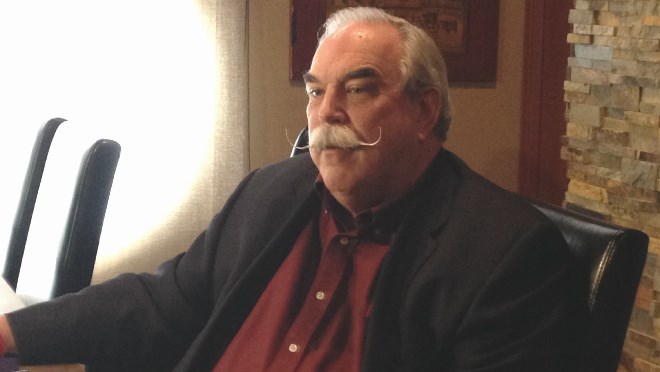A local municipal lobby group says it's going to focus on individual ward races in the city as part of a new strategy for the municipal election in October.
However, the president of the Greater Sudbury Taxpayers Association said they will not be backing a slate of candidates, either in words or through money. And after spending much of the last few years criticizing city council and pushing for specific policies, Dan Melanson said the group will instead focus on informing voters where candidates and incumbents stand on the issues.
In the last four years, the group realized too much focus goes into who's running for mayor, who, ultimately, has one vote, like every other councillor. So having the support of Mayor Marianne Matichuk on, for example, deregulating store hours or selling city-owned trailer parks doesn't mean policies will change.
“And all the 12-1 votes this term showed that,” Melanson said.
While some members of the GSTA supported Matichuk in 2010, Melanson said the group would not support any candidate in 2014. While his group is known for policies aligned with the Conservatives, he said the GSTA is a non-partisan outfit that crosses party lines.
“We're not a bunch of radical right wingers that want to slash and burn,” he said. “Yes, we want fiscal responsibility. But you can be fiscally responsible and support the NDP provincially or federally.
“The whole focus of this program is to be fair and balanced and get the information out. We're not pushing an agenda.”
Founded shortly after the 2010 election, the GSTA has pushed for several policies Matichuk also supported, but failed to muster enough votes to pass by city council. For example, the group wanted to end the practice of giving each councillor a $50,000 fund to spend directly in their ward each year; they supported selling off Agilis, the city-owned telecommunications company; and bringing in recall, where voters would be able to get rid of politicians between elections.
None of those policies were adopted, even though Matichuk campaigned on and supported many of them. That made the group realize they needed to broaden their message at the ward level. Studies have shown that name recognition is the biggest factor in determining who wins in local council elections. So their task is to get voters more involved in the process leading up to election day.
“How do you do that? It's like, how do you eat an elephant? One bite at a time.”
Ward debates, voter checklists, an online record of how incumbents voted – all are planks to the GSTA's plan to increase voter awareness of local issues.
“If you're proud of your voting record and want to run again, feel free,” Melanson said. “But be prepared to defend your record. Because that's what voting is going to be based on this time – not name recognition or how much money you gave to a playground.
“We're not trying to change anyone's mind. We just want to let people know, this is how they voted on this issue. If you agree, great. Vote for them. If you don't, here are some other people who might be more in tune with what your views are.”
So, why would an incumbent councillor take part in a ward debate sponsored by the GSTA, which has been bluntly critical of council numerous times over the last four years?
“If they want to bring their side of the story forward, then they should step up to the plate,” Melanson said. “The best way to deal with someone taking a swipe at you is to defend yourself, right? If there's anything we're saying that's inaccurate, well, this is their opportunity to be able to set the record straight.”
The group considered running a slate of candidates whose positions they could support, but Melanson said “it just didn't feel right” to try and take such a direct role in the election.
“We just didn't want to get into party politics at the municipal level,” he said. “We just don't think it's right.”
Elements of the GSTA's election strategy (more information is available at www.gstaxpayers.ca):
-- Public seminar in May on becoming an informed voter.
-- Workshop in June to help anyone who has decided to run for city council, offering practical information on campaigning and finance.
-- GSTA debates in each of the city's 12 wards to try and raise awareness of who's running and where they stand.
-- A checklist – available online and in printed form – of issues, and how incumbent councillors voted on them. The checklist will also include where candidates in each ward stand on the same issues.
